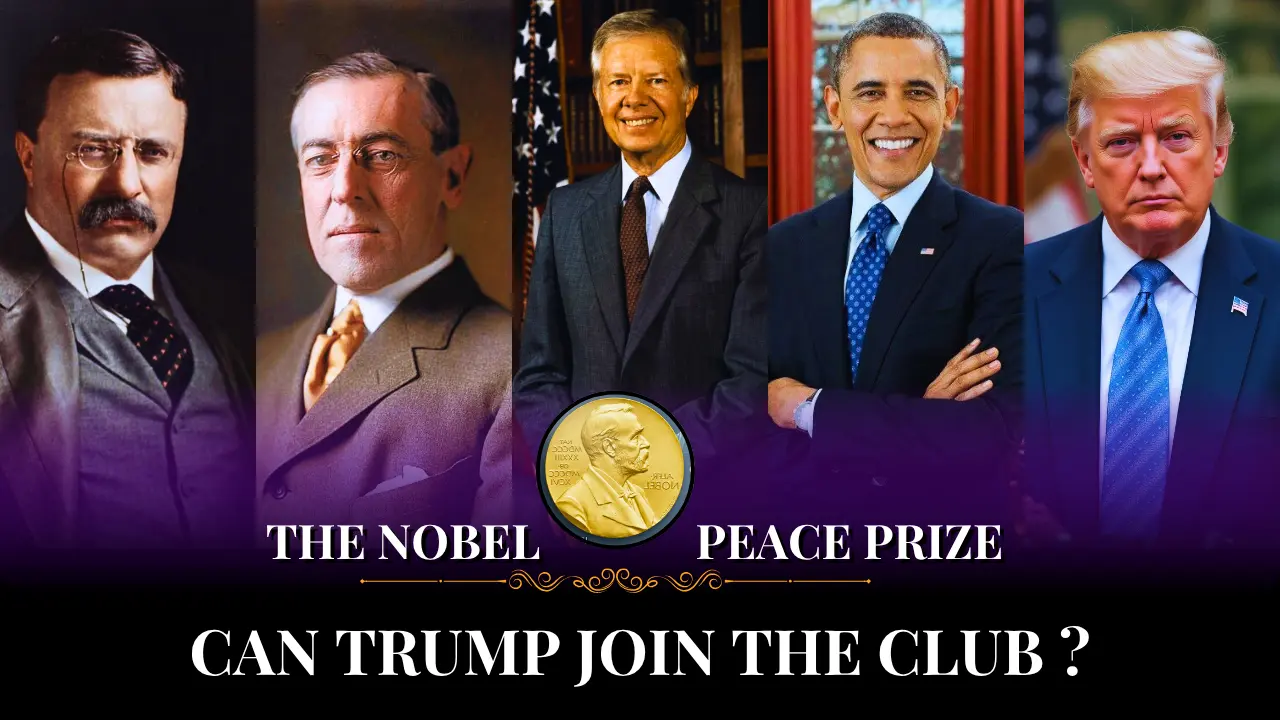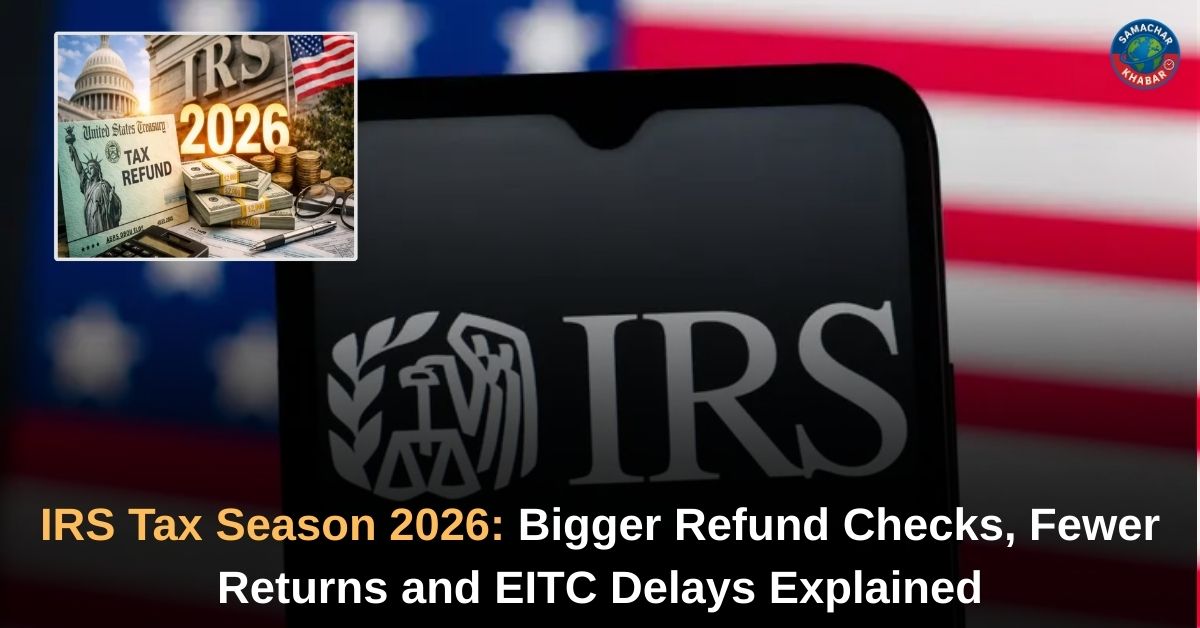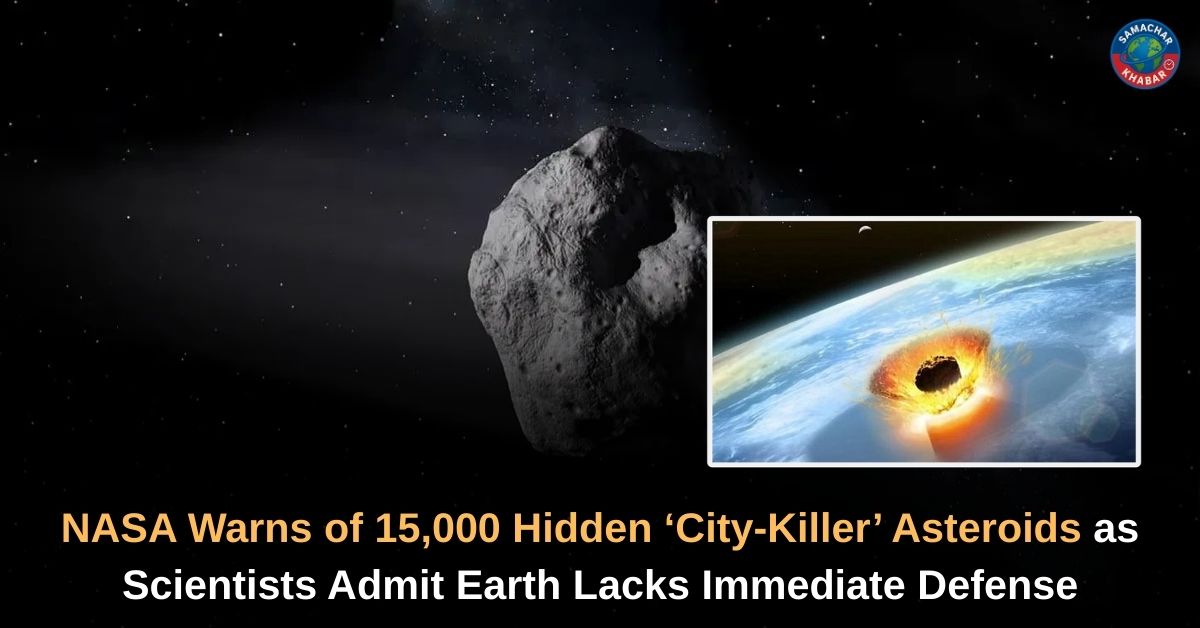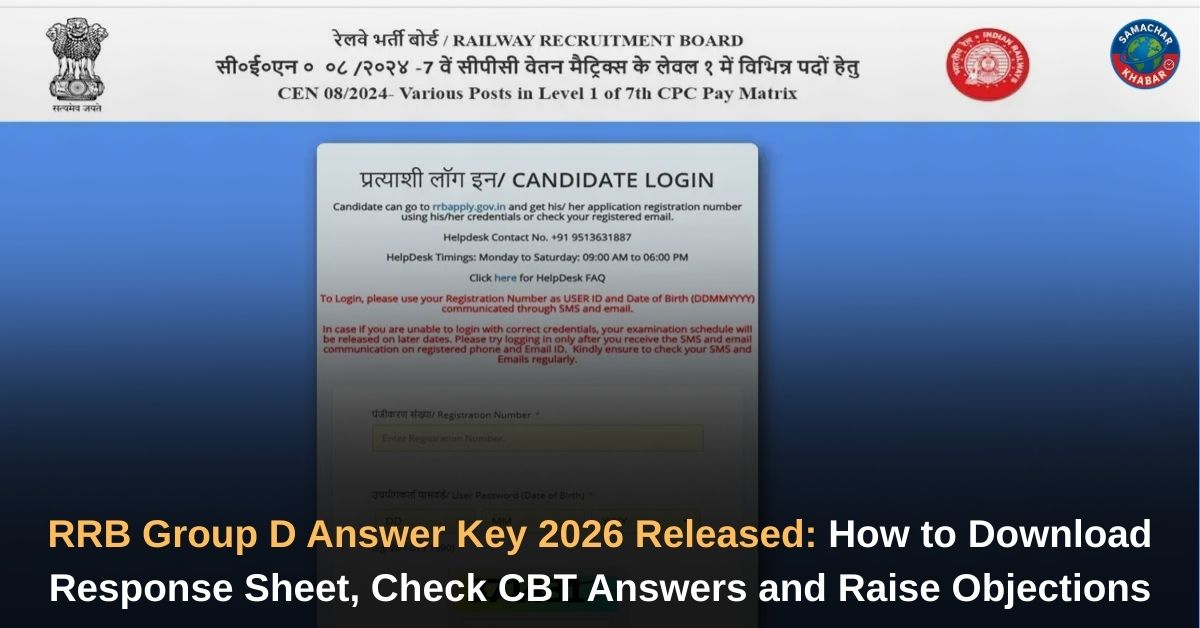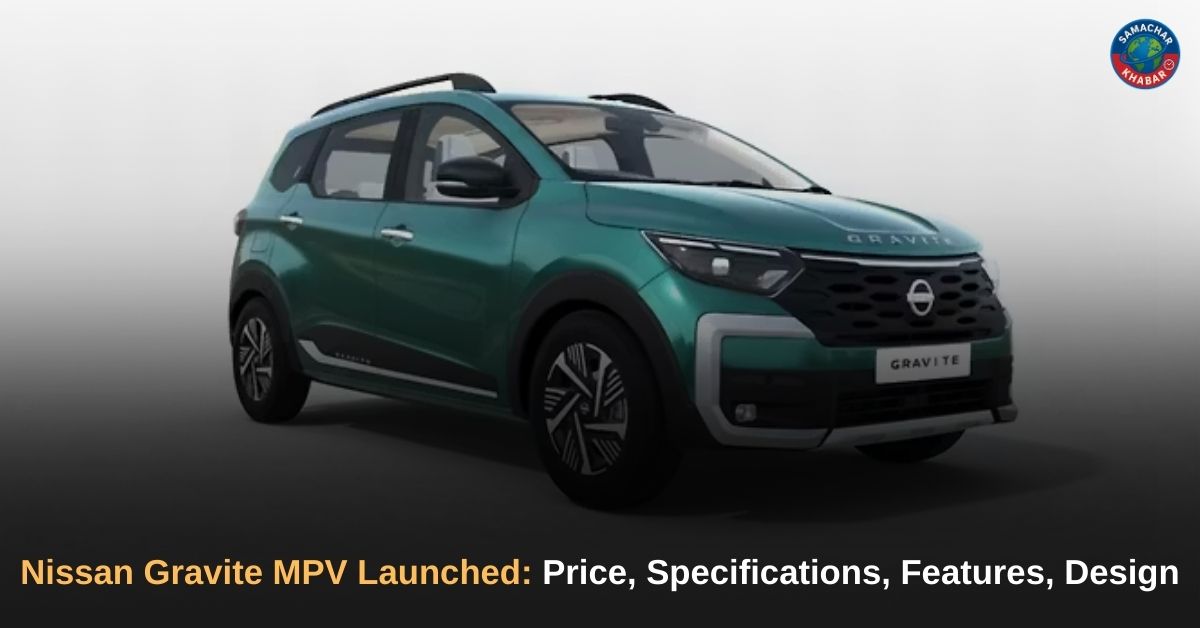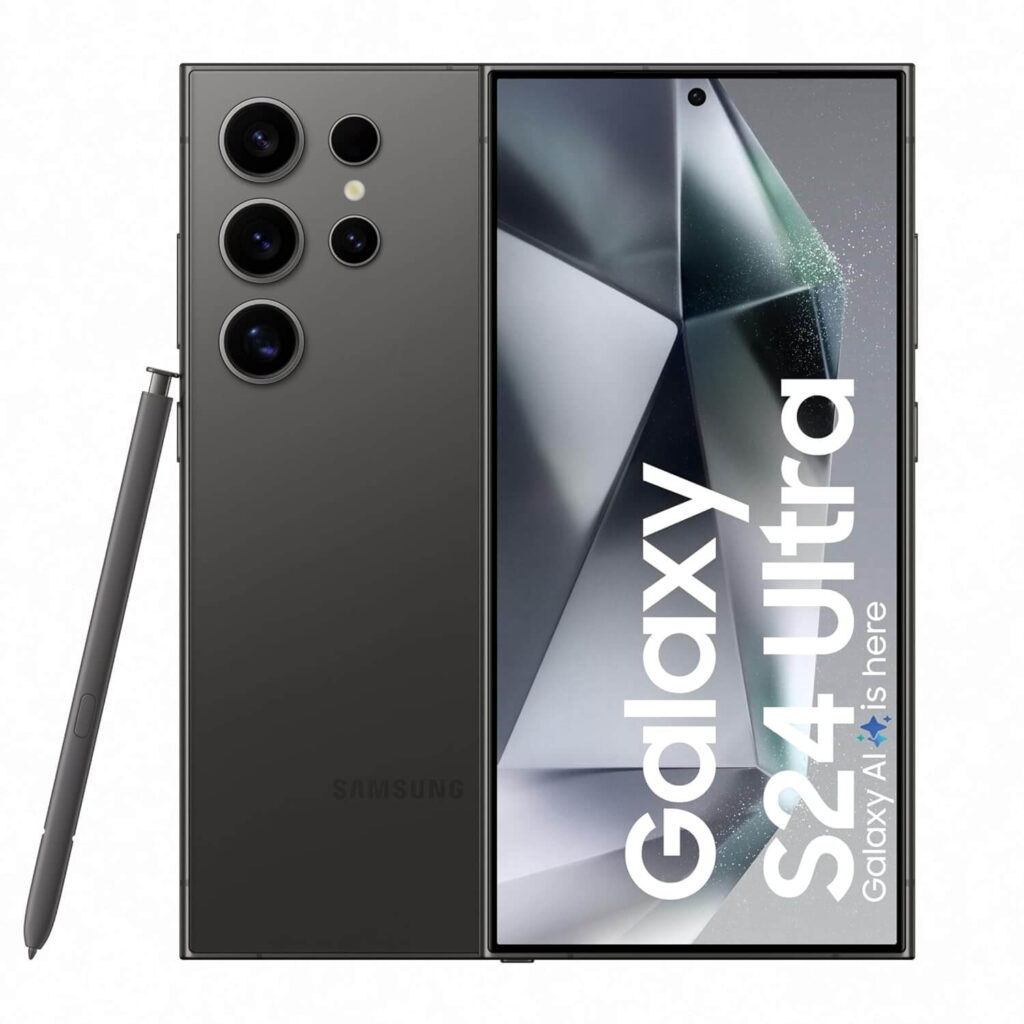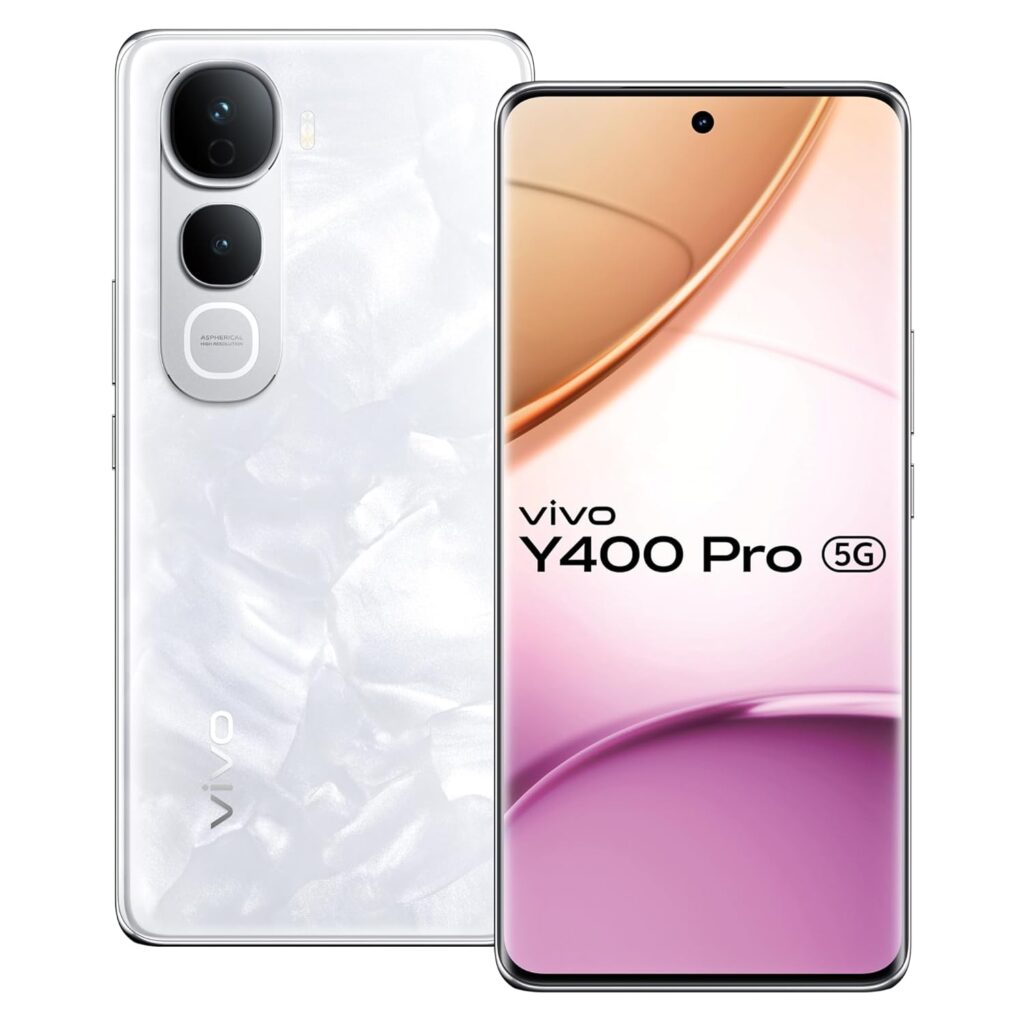The Nobel Peace Prize is arguably the most prestigious honour in the world, an award that immortalizes its recipients as champions of global understanding and peace. It’s an exclusive club, one that only four US presidents have ever been invited to join. For decades, the list has featured names synonymous with diplomacy and groundbreaking international efforts: Roosevelt, Wilson, Carter, and Obama.
Now, as the world turns its attention to the Nobel Peace Prize 2025 announcement, one question dominates the global conversation: Can Donald Trump—a figure known for disruption as much as deal-making—add his name to that legendary list?

The journey to an Oslo podium is rarely straightforward, and for the former President, it’s a path fraught with unprecedented political complexity. This post dives deep into the history of US presidential laureates, the specific nominations propelling Trump’s candidacy, and the objective criteria that make his chances a subject of heated debate.
The Exclusive Fraternity: Four US Presidents Who Won the Nobel Peace Prize
To understand the magnitude of an American presidential win, one must first look at the four individuals who set the historical precedent. Their awards were not simply political gestures; they were acknowledgments of profound, sustained, and consequential international achievements.
Diplomacy and Enduring Legacies
The US presidents who have won the Nobel Peace Prize represent different eras but share a common thread of advancing international cooperation.
- Theodore Roosevelt (1906): The first American to win any Nobel Prize, Roosevelt received the honour for mediating the end of the devastating Russo-Japanese War. He proved that American power could be harnessed for peace, not just military might.
- Woodrow Wilson (1919): Awarded for his pivotal role in founding the League of Nations, the precursor to the United Nations. Wilson championed a vision of global collective security following the horrors of World War I, fundamentally reshaping international politics.
- Jimmy Carter (2002): A truly unique recipient, Carter was honoured for decades of tireless post-presidential work through The Carter Center, promoting human rights, democracy, and finding peaceful solutions to international conflicts, including his earlier success with the Camp David Accords.
- Barack Obama (2009): Just nine months into his first term, Obama was recognized for his “extraordinary efforts to strengthen international diplomacy and cooperation between peoples.” His award, while controversial at the time for being so early in his tenure, focused on his aspirations and shift towards multilateral engagement.
Donald Trump’s Candidacy: The Case for the 2025 Nobel Peace Prize
Donald Trump’s push for the Nobel Peace Prize has been a recurrent theme in his political life. For the 2025 prize, his campaign highlighted several key foreign policy successes from his time in office and since his return to the White House.
The Peace Deals Driving the Nomination
Trump and his proponents have repeatedly touted his role in mediating or concluding various high-stakes international issues:
- The Abraham Accords (2020): This achievement normalized relations between Israel and several Arab and Muslim-majority nations (UAE, Bahrain, Sudan, and Morocco). These deals are widely cited as a legitimate, measurable foreign policy success and formed the basis for several initial nominations.
- Gaza Ceasefire Efforts: Following his return to the White House, Trump proposed a 20-point peace plan to resolve the nearly two-year conflict in Gaza. The progress on a US-backed ceasefire deal has significantly bolstered his profile, even pushing him to become the second favorite with some bookmakers.
- Other Claims: Trump has claimed credit for settling—or helping to end—multiple other conflicts, including those between Iran and Israel, and heightened tensions between India and Pakistan, though the scope of US involvement is often disputed by other involved parties.
Trump himself has often said he “should have gotten it four or five times” and believes he deserves the prize for doing what he says “nobody has done.” This confident, self-promotional rhetoric, however, often clashes with the reserved, multilateral spirit traditionally favoured by the Norwegian Nobel Committee.
Why a Trump Win for the Nobel Peace Prize 2025 Remains a “Long Shot”

Despite high-profile endorsements (including from Israeli Prime Minister Benjamin Netanyahu and Cambodia’s Prime Minister Hun Manet), expert consensus paints Trump’s chances as a “long shot.” The reason lies in the strict and often opaque selection criteria.
The Committee’s Standards vs. Trump’s Record
The five-member Norwegian Nobel Committee, appointed by Norway’s parliament, operates under the will of Alfred Nobel, which requires the prize to honour those who advance peace, disarmament, and international cooperation.
- Timing is Everything: The deadline for 2025 nominations was January 31st, 2025. While the Abraham Accords and earlier negotiations qualified, any major progress from later in the year—such as the finalization of the Gaza deal—would likely be considered for the 2026 prize. The Committee confirmed their 2025 decision was finalized in October, meaning recent breakthroughs were missed.
- Nature of Diplomacy: The committee often rewards sustained, multilateral efforts and individuals who have established global institutions or a lifelong commitment to human rights (like Jimmy Carter). Trump’s “America First” philosophy and his transactional, often unilateral, diplomatic style challenge this traditional model. As Nina Græger, director of the Peace Research Institute Oslo, noted, “His rhetoric does not point in a peaceful perspective.”
- Controversy and Consistency: Past recipients have generally been recognized for a consistent pattern of bridge-building. Critics argue that Trump’s record includes rhetoric and policy decisions that have, at times, strained alliances and undermined international cooperation, making his overall profile less aligned with the spirit of the Nobel mandate.
The Verdict and the Future of the Nobel Peace Prize
The answer to the question “Can Donald Trump join the club?” is nuanced. For the Nobel Peace Prize 2025, the established timeline and selection process made a win highly unlikely. However, his strong nomination base and the recognized success of the Abraham Accords and potential for a lasting peace in Gaza mean his name will undoubtedly appear on future shortlists.
The historical trajectory shows that the prize has been awarded for a spectrum of achievements: from a single, impactful mediation (Roosevelt) to a lifelong commitment (Carter). If Trump’s diplomatic efforts in the Middle East prove to be truly enduring and transformative in the years to come, his eventual inclusion in the exclusive presidential club remains a distinct, albeit controversial, possibility.
The debate surrounding his candidacy highlights the evolving nature of global conflict and the kind of leadership the Nobel Committee chooses to immortalize.
FAQs About the Nobel Peace Prize 2025
Q1: When is the Nobel Peace Prize 2025 winner announced?
The winner is traditionally announced on a Friday in early October, following the other Nobel categories. The Committee’s decision for the 2025 prize was reportedly made in the first week of October.
Q2: How many candidates were nominated for the Nobel Peace Prize 2025?
A total of 338 candidates were nominated for the 2025 Nobel Peace Prize: 244 individuals and 94 organizations. This number is among the highest in the prize’s history.
Q3: Can a Nobel Peace Prize be revoked after it is awarded?
No. Neither Alfred Nobel’s will nor the Statutes of the Nobel Foundation allow for the revocation of a prize once it has been awarded.
Q4: Are the names of all nominees made public?
No. The Nobel Committee keeps the names of all nominees, whether high-profile or not, strictly confidential for 50 years after the award is granted. Nominations only become public if a qualified nominator (like a world leader or professor) chooses to announce their submission.
Q5: What is the deadline for the Nobel Peace Prize nomination?
The deadline for submitting nominations for any given year is always January 31st. Any submission received after this date is automatically rolled over and considered for the following year’s prize.

